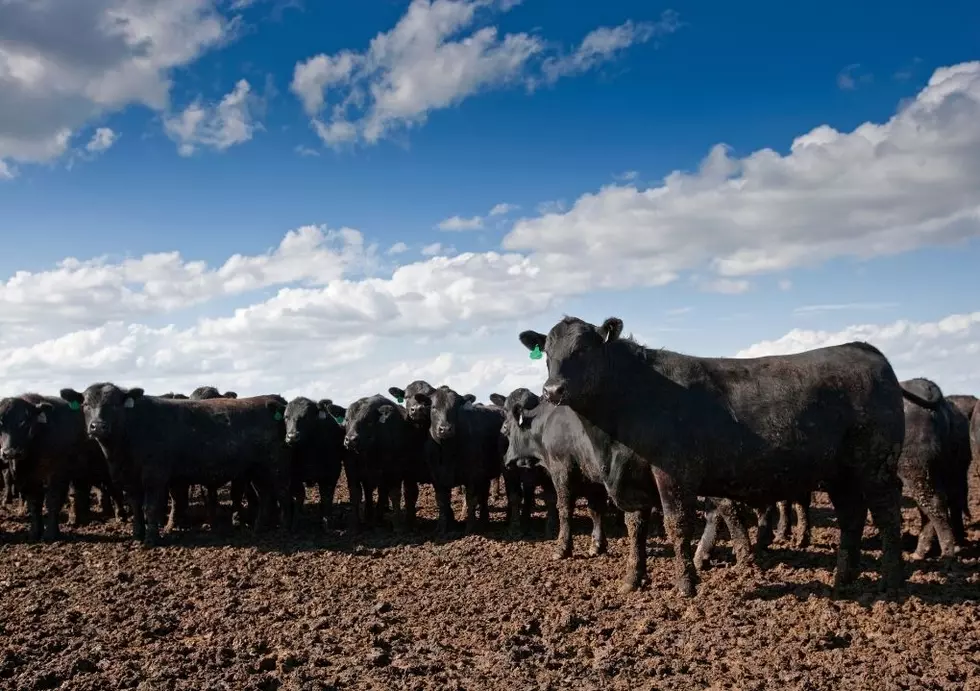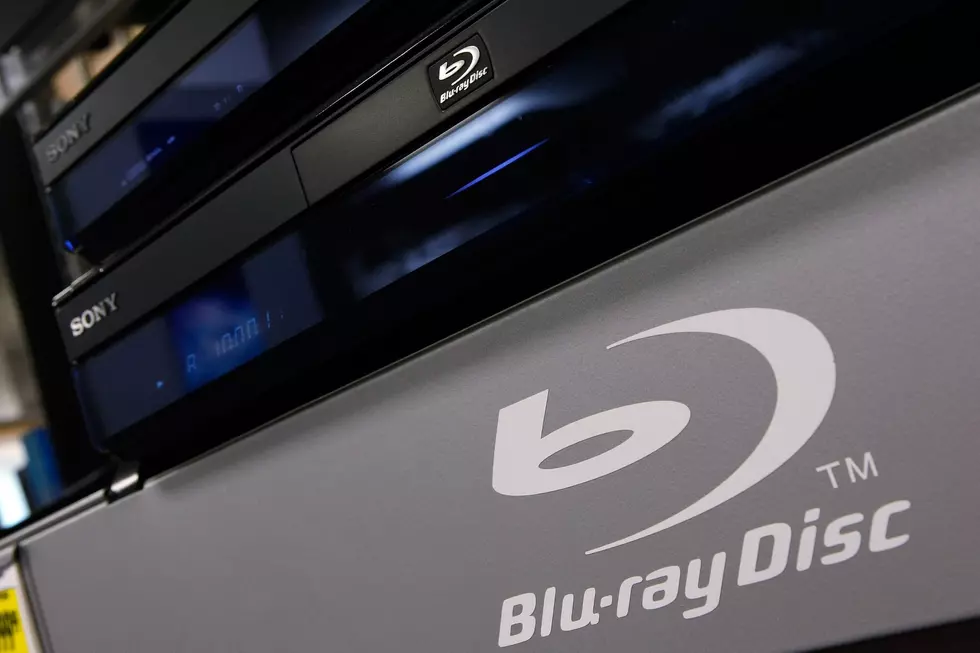
Iowa Lawmakers Grill Meatpackers About Meat Prices
Meat prices have been a hot topic, no matter if you are a producer or a consumer. On the producer side of the discussion, a lot of focus has been geared toward the four largest meatpackers.
Earlier this month, Cargill, Tyson Foods, JBS, and National Beef Packing RSVPed yes to testify to the House Committee of Agriculture about meat prices. That testimony was last Wednesday.
House Agriculture Chair David Scott started the round of questioning by looking at the price of meat.
Consumers right now to consumers costs for beef is $7 per pound. Right now, at the grocery store. The price of beef has climbed 18% so far this year, making it very hard for parents to afford beef for their children, for their families.
And while the price of meat has been raising, producer prices haven’t reflected these increases raising allegations that the packers are working together.
This is a primary issue here that we need to clear up and that is this. Is there a Was there ever an agreement between your four companies to cooperate together on issues impacting supply or pricing. And I need a yes or no. And also, let me remind you that you're testifying under oath.
All the packers responded no.
The large market share that these meatpackers possess worries many farmers and lawmakers, including Iowa Congresswoman Cindy Axne.
Your market share has risen over the last 50 years going from 25% in 1977. That's back when my grandparents had a farm and I remember the cattle on my grandparent’s farm, you now have over 80% of the market share. My grandfather no longer has a farm, it's not in our family.
She adds that 17,000 cattle producers have been leaving the industry every year since 1980 and those producers went from receiving $0.60 per dollar to $0.40 per dollar consumers spend on beef.
Tim Schellpeper of JBS USA responded to these trends by saying
At JBS we participate relative to cattle procurement in the markets how producers will buy the cattle how producers want us to buy them. Again, whether that's on a cash basis whether that's on a video auction, whether that's on some type of an AMA. In your home state of Iowa, we are participating in numerous sale barns. We have 14 sale barns I believe in the state of Iowa but we have company employees participating in those sales.
Axne went on to ask Schellpeper when prices rose over the last few years, and why producers never saw the benefit of it.
We are now at the point in time where cattle markets are starting to turn. In fact, if you look at USDA, what we call the five-area cattle market, what it averages for the first quarter of this year, is actually the third-highest quarterly average price that we've seen in the last 13 years.
Iowa Congressman Randy Feenstra also spoke during the hearing. He asked David MacLennan of Cargill how he thinks we can gain transparency in markets.
Cargill purchases between 30 and 35% of our cattle in the cash markets. And number two is our job is to provide a market for the ranchers who are bringing their cattle to market. So, to the extent that we have constrained capacity because of labor issues, or because of you know, whether we closed down because of COVID. Then there will be a backlog in the supply chain, but our job is to be there every day for the ranchers for a place for them to bring their cattle.

During the hearings, the CEOs did warn that the prices are going to continue to be high for retail meat.
Million Dollar Farm Located Outside Dubuque
Farms For Sale In Eastern Iowa
More From Q98.5







